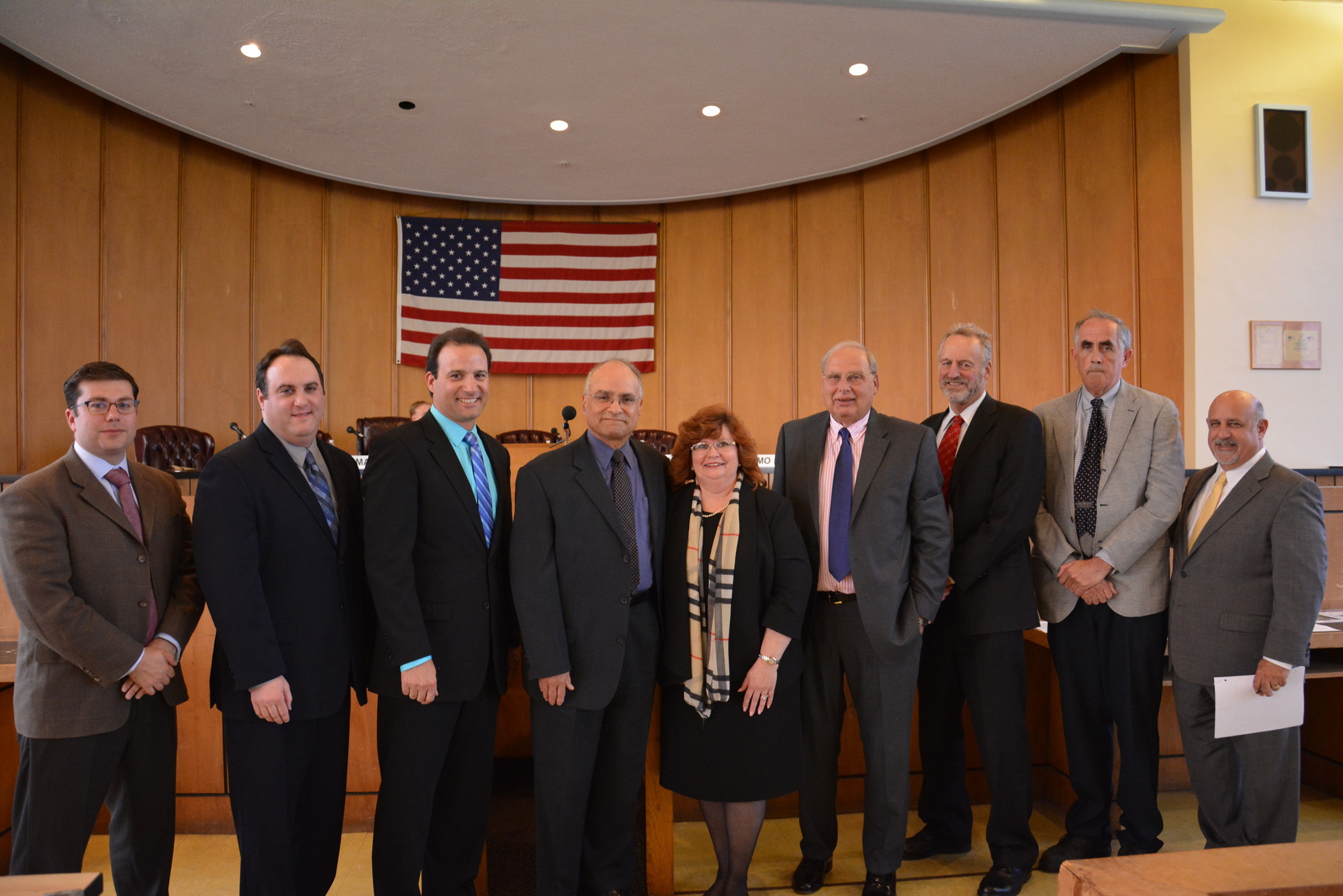City and school district partner to streamline services
Agreement aimed at fostering efficient use of shared resources
The city has reached an agreement with the Long Beach Public School District to increase efficiency by sharing services, an effort aimed at reducing costs and saving taxpayers money.
The City Council voted unanimously at its April 21 meeting to enter into two inter-municipal agreements — one eliminating a duplication of services, and the other related to the complicated ownership of the West End Community Center — which the council said are in the best interests of the city’s taxpayers.
Board of Education trustees attended the meeting and lauded the measure, which officials said had been in the works for years. Schools Superintendent David Weiss described it as a formalization of the longstanding relationship between the city and the schools, and city officials said that it would enable them to partner up in a number of areas and eliminate duplicate services.
“This agreement is designed to result in savings for our taxpayers,” City Council President Len Torres said in a statement. “Working cooperatively with the school district, we will be able to save money and offer enhanced services.”
According to Weiss, the city and schools have cooperated often in the past by sharing services and facilities, but an agreement had never been put in writing before.
Under the agreement, city crews will remove garbage and snow from school grounds, and there will be shared use of facilities such as recreation fields and school auditoriums. The city and school district have also agreed to share the use of vehicles.
“Our goal is to provide residents and students with the most efficient services and resources possible,” said Darlene Tangney, president of the Board of Education. “This agreement creates synergies that will benefit both the city and the schools.”
For instance, Weiss explained, most city-run recreation camps are on school grounds. The buses that transport children to and from camp activities are the schools’, but the city reimburses their expenses. “From a legal point of view, we want to make sure we put in print what our practices are,” Weiss said, “because auditing is tighter than it has been.”






